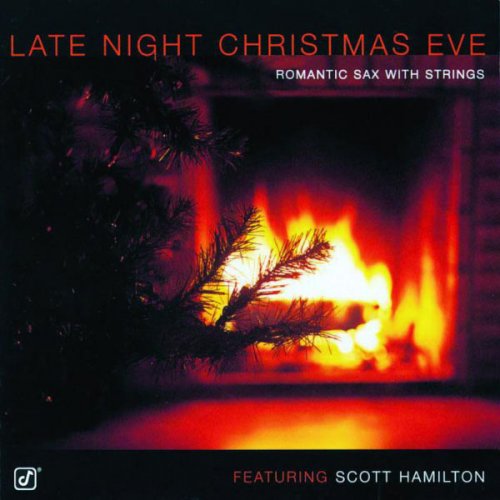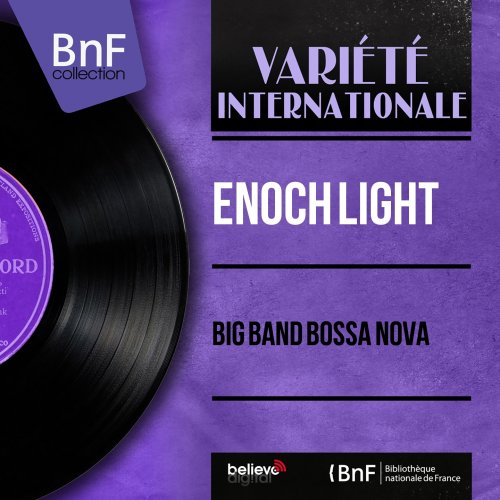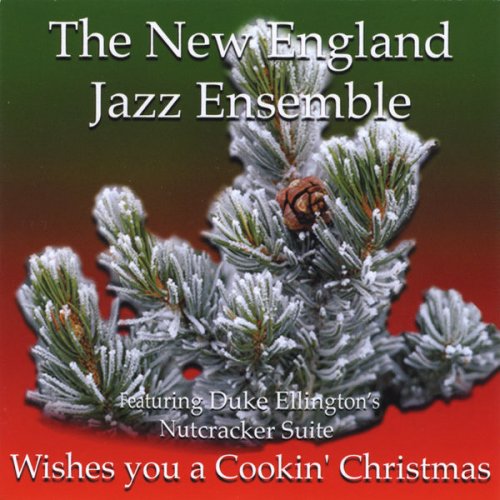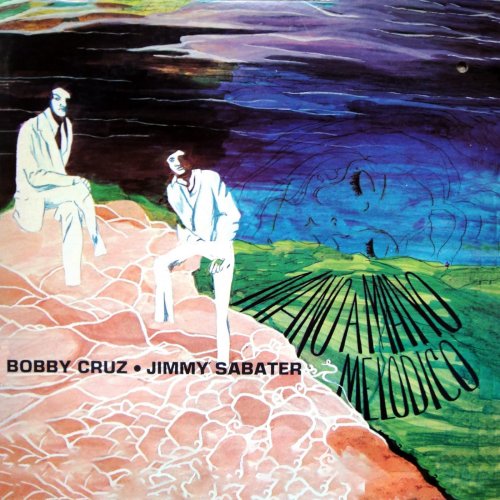Beauregard Ajax - Deaf Priscilla (Reissue) (1968/2006)
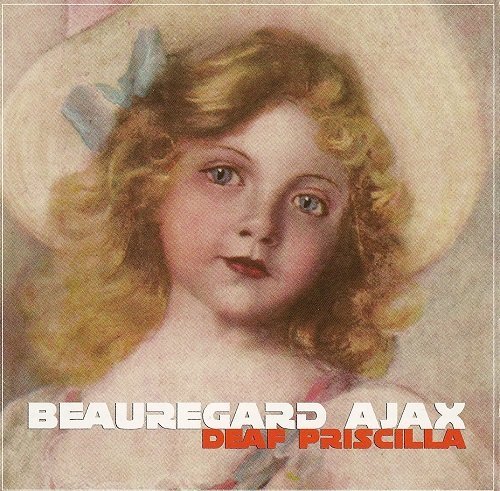
Artist: Beauregard Ajax
Title: Deaf Priscilla
Year Of Release: 1968/2006
Label: Shadoks Music
Genre: Garage Rock, Psychedelic Rock, Acid Rock
Quality: Flac (image, .cue, log)
Total Time: 44:22
Total Size: 311 Mb (scans)
WebSite: Album Preview
Tracklist:Title: Deaf Priscilla
Year Of Release: 1968/2006
Label: Shadoks Music
Genre: Garage Rock, Psychedelic Rock, Acid Rock
Quality: Flac (image, .cue, log)
Total Time: 44:22
Total Size: 311 Mb (scans)
WebSite: Album Preview
1. Loneliness Is A Sometime Thing - 2:16
2. Goodbye Again - 2:28
3. I Will Be Looking Away - 1:54
4. Dr. Jebediah Webb - 3:07
5. Is Tomorrow Thursday - 2:27
6. Dead Woman Blues - 2:14
7. Blue Violins - 3:31
8. Things Will Work Out Fine - 2:40
9. Happy Brontosaurus - 1:59
10. Deaf Priscilla - 2:23
11. Feather In A Bottle - 2:04
12. Take You Far Away - 2:02
13. Love Is A Prize - 2:02
14. Kaleidoscope - 2:27
15. Blue Violins (Version 2) - 3:32
16. Dead Woman Blues (Version 2) - 2:14
17. Goodbye Again (Version 2) - 2:28
18. I Will Be Looking Away (Version 2) - 1:52
Line-up:
David Ferguson - Vocals, Guitar
Charlie Hendricks - Vocals, Pipe, Recorder
Clint Williams - Electric Bass
John Boutell - Vocals, Guitars
Leo Hartshorn - Drums
As labels like Shadoks, Radioactive, and Akarma endlessly scrape the bottom of the barrel in an effort to capitalize on every psych "gem," it becomes increasingly difficult to take every claim of a "lost masterpiece" seriously. And while it'd be a bit overzealous to call Beauregard Ajax's posthumous release Deaf Priscilla a masterpiece, it's a fantastic example of '60s West Coast psych, sitting nicely amongst Los Angeles bands like Love, The Seeds, and The Doors.
It's a big question mark as to how producer Bob Keane of Del-Fi records got involved with this recording, but he opts for a spare, surf-rock production that lends itself well to their music and captures the naïve beauty of early American psych. But, as opposed to just encapsulating the essence of an era, Beauregard Ajax's songwriting and arrangements are indeed something to marvel at. On one hand, they're much like The Byrds circa Fifth Dimension, with folk-induced psychedelia, fuzzed-out guitar work, and harmonies galore. At the same time, they tout phony Euro-mod accents and have a tight rhythm section that echoes the early days of Detroit Motown. It's dubious to question if these were conscious influences on the group, but Beauregard Ajax were indeed a melting pot of cool shit.
David Ferguson and Charlie Hendrix act as the Lennon/McCartney team here, sharing songwriting responsibilities and vocal duties. It's difficult to tell who is who, and similar to The Zombies' Colin Bluntstone, both croon with a soft, vulnerable wail. Lyrically, they range from simple youthful love laments to surreal stories and the free-associative trippiness popular of the time. The oddest and most intriguing example of this lies within the Mellotron-laden title track, in which a deaf girl may or may not be aware of the pain she's caused by pushing her elderly mother down the stairs. She messes up her pop pretty bad, too, and it's gems like this that separate Beauregard Ajax from other American acts of the '60s.
So what happened to these dudes anyway? Ferguson and Hendrix were a highly imaginative songwriting team with an impressive debut, and it seems obvious that the band's lifespan was cut too short. Of course, I'd pretend to have known the answer to this all along if this CD had come with some halfway decent liner notes. Drummer Leo Hartshorn and Guitarist John Boutell each provide a brief paragraph, mostly regarding their roots in Oxnard, California and the different, seemingly less exciting musical projects they all went on to do. It would seem as good a place as any to detail why the band broke up prior to the release date of their debut record (they obviously haven't been watching Jerry Springer for the last ten years like the rest of us have). It's fun to speculate on the drug binges and the falling out that may have occurred between Ferguson and Hendrix, but it's certainly not fair to assume the worst. All mysteries aside, and forgiving a few very minor quality issues (there are occasional moments of sound loss that reek of a shitty source tape), Deaf Priscilla is a fascinating document of a band that could've amounted to so much more and is essential listening for those interested in early American psych.
It's a big question mark as to how producer Bob Keane of Del-Fi records got involved with this recording, but he opts for a spare, surf-rock production that lends itself well to their music and captures the naïve beauty of early American psych. But, as opposed to just encapsulating the essence of an era, Beauregard Ajax's songwriting and arrangements are indeed something to marvel at. On one hand, they're much like The Byrds circa Fifth Dimension, with folk-induced psychedelia, fuzzed-out guitar work, and harmonies galore. At the same time, they tout phony Euro-mod accents and have a tight rhythm section that echoes the early days of Detroit Motown. It's dubious to question if these were conscious influences on the group, but Beauregard Ajax were indeed a melting pot of cool shit.
David Ferguson and Charlie Hendrix act as the Lennon/McCartney team here, sharing songwriting responsibilities and vocal duties. It's difficult to tell who is who, and similar to The Zombies' Colin Bluntstone, both croon with a soft, vulnerable wail. Lyrically, they range from simple youthful love laments to surreal stories and the free-associative trippiness popular of the time. The oddest and most intriguing example of this lies within the Mellotron-laden title track, in which a deaf girl may or may not be aware of the pain she's caused by pushing her elderly mother down the stairs. She messes up her pop pretty bad, too, and it's gems like this that separate Beauregard Ajax from other American acts of the '60s.
So what happened to these dudes anyway? Ferguson and Hendrix were a highly imaginative songwriting team with an impressive debut, and it seems obvious that the band's lifespan was cut too short. Of course, I'd pretend to have known the answer to this all along if this CD had come with some halfway decent liner notes. Drummer Leo Hartshorn and Guitarist John Boutell each provide a brief paragraph, mostly regarding their roots in Oxnard, California and the different, seemingly less exciting musical projects they all went on to do. It would seem as good a place as any to detail why the band broke up prior to the release date of their debut record (they obviously haven't been watching Jerry Springer for the last ten years like the rest of us have). It's fun to speculate on the drug binges and the falling out that may have occurred between Ferguson and Hendrix, but it's certainly not fair to assume the worst. All mysteries aside, and forgiving a few very minor quality issues (there are occasional moments of sound loss that reek of a shitty source tape), Deaf Priscilla is a fascinating document of a band that could've amounted to so much more and is essential listening for those interested in early American psych.
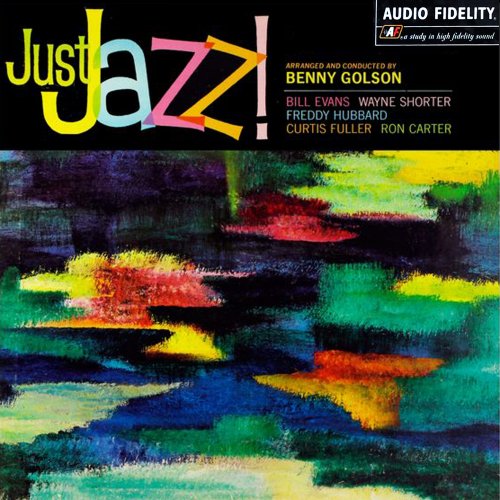

![Phronesis - Parallax (2016) [Hi-Res] Phronesis - Parallax (2016) [Hi-Res]](https://www.dibpic.com/uploads/posts/2026-01/1769068094_cover.jpg)


